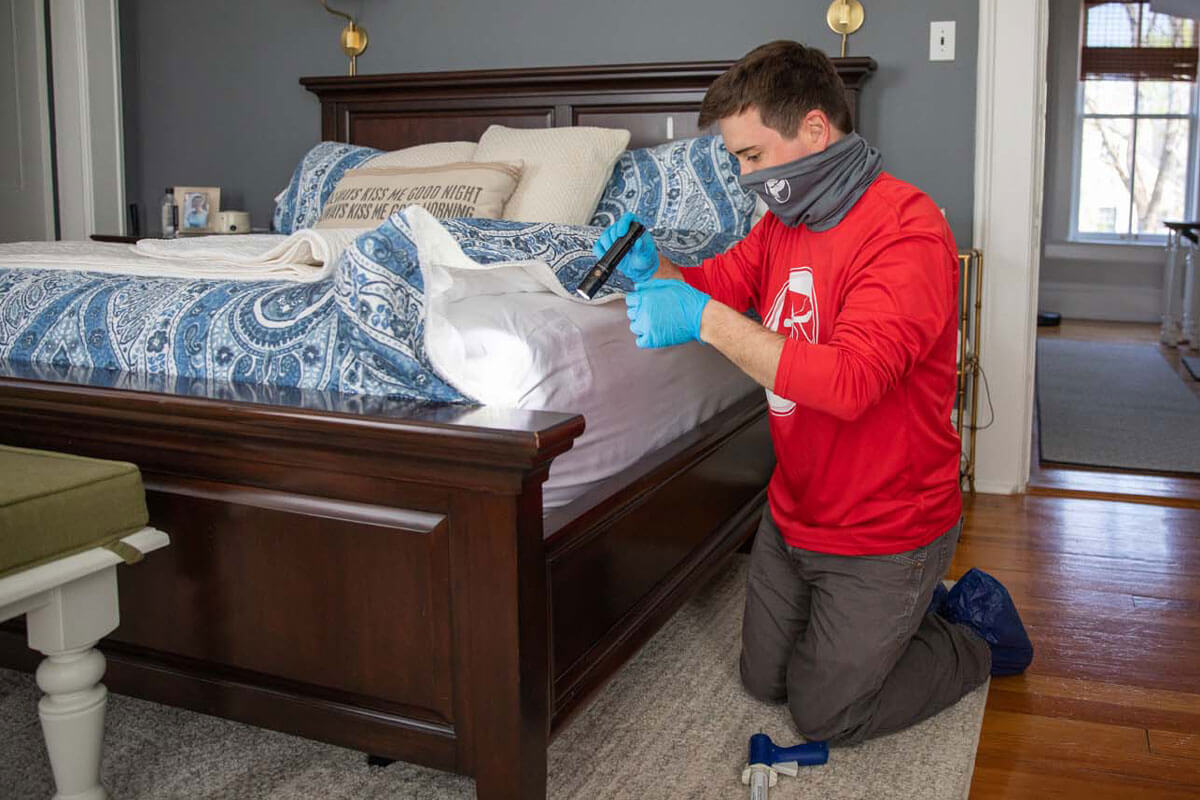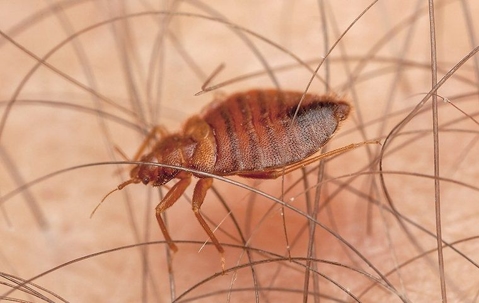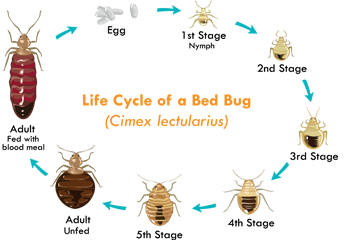Specialist Kings Bug Control Cincinnati: Your Relied On Pest control experts
Wiki Article
Types of Insect Control: Which Method Is Right for Your Infestation?
When faced with a bug problem, the selection of a suitable approach for insect control is critical in efficiently handling the scenario. By checking out the different types of parasite control methods readily available, people can make educated decisions customized to their special conditions, making sure a much more reliable and lasting result in parasite eradication.Chemical Insect Control
Chemical parasite control includes making use of artificial or normally derived chemicals to manage and get rid of pest populations efficiently. This technique is generally made use of in farming, forestry, and domestic setups to battle a large range of insects, including pests, rats, and weeds. The use of chemical pesticides can provide quick and targeted options to pest problems, making it a preferred choice for numerous individuals and companies.One of the essential advantages of chemical insect control is its ability to swiftly remove parasites, reducing the threat of damages to plants, residential or commercial property, and human health and wellness. By making use of details chemicals that target certain bugs, this technique can efficiently control infestations while reducing harm to advantageous organisms and the setting when used correctly.
Nevertheless, making use of chemical pest control additionally increases issues concerning prospective adverse results on non-target types, water sources, and human wellness. It is vital to adhere to security guidelines, use chemicals properly, and take into consideration alternate pest control techniques to reduce these dangers and ensure lasting pest management techniques.
Biological Parasite Control
Biological parasite control, likewise known as biocontrol, utilizes living microorganisms to reduce and take care of bug populations normally. This approach takes advantage of the power of nature to regulate insects without the demand for synthetic chemicals. Biocontrol can entail the introduction of natural adversaries of the insect types, such as pathogens, predators, or parasites, to subdue pest populaces. By utilizing the parasite's natural predators or microorganisms, organic parasite control provides a sustainable and ecologically friendly solution to pest management.
Mechanical Bug Control
Utilizing hands-on and physical approaches to handle pest populaces, mechanical pest control uses a different method that does not count on using living organisms or artificial chemicals. This method includes the usage of obstacles, traps, or various other tools to physically prevent or get rid of pests. By obstructing parasite entrance factors or setting up catches to capture them, mechanical bug control can efficiently lower infestations without presenting chemicals right into the environment.One typical example of mechanical bug control site link is making use of mesh screens on doors and windows to avoid bugs from entering buildings. This straightforward yet effective technique works as a physical obstacle, keeping parasites out while enabling for correct air flow. Additionally, gadgets like mousetraps, fly swatters, and ultrasonic repellents drop under the mechanical parasite control group.
While mechanical pest control techniques can be labor-intensive and need normal surveillance and maintenance, they offer a ecologically friendly and sustainable option for taking care of bug infestations. By incorporating various mechanical methods, homeowner can develop a comprehensive parasite control strategy that lessens dependence on chemical pesticides.
Physical Pest Control

Some common physical parasite control methods consist of using obstacles such as screens or internet to stop insect access, traps to record and remove bugs, and hand-picking to literally eliminate insects from plants or frameworks. Furthermore, strategies like heat treatments can be made use of to control bugs like bed insects by raising the temperature to degrees that are dangerous to the insects.
Physical bug control is specifically valuable in integrated bug monitoring (IPM) techniques, where several parasite control methods are integrated for reliable pest administration while decreasing using chemicals. By utilizing physical insect control strategies, people can effectively deal with bug problems with marginal ecological impact.
Integrated Pest Administration
When carrying out physical pest control methods as part of insect administration methods, Integrated Pest Administration (IPM) becomes a detailed technique that leverages numerous strategies to properly regulate pest populations. IPM focuses on long-lasting prevention of insects through termite treatment effectiveness a combination of biological, social, try here physical, and chemical tools tailored to certain insect issues. By integrating numerous control techniques, IPM intends to decrease the threats related to parasites while additionally decreasing dependence on chemical services.One secret aspect of IPM is the emphasis on tracking and examining pest populations to determine the most appropriate control techniques. This aggressive approach enables early treatment and targeted strategies, leading to much more effective insect monitoring. Furthermore, IPM promotes eco-friendly practices by focusing on non-chemical control approaches and just utilizing pesticides as a last hope.
Conclusion

By using the bug's all-natural predators or virus, biological pest control provides a eco pleasant and sustainable remedy to pest management. - Kings pest control services Cincinnati oh
Using hands-on and physical methods to manage insect populaces, mechanical parasite control supplies an alternate strategy that does not depend on the usage of living microorganisms or artificial chemicals.A reliable approach to taking care of bug populaces without counting on chemical or biological methods entails the usage of physical bug control strategies.When applying physical bug control approaches as component of bug administration techniques, Integrated Pest Management (IPM) arises as a thorough strategy that leverages different methods to successfully control pest populaces. Chemical pest control involves the use of chemicals, biological parasite control utilizes natural predators, mechanical pest control includes physical barriers, physical insect control consists of capturing or removing bugs, and integrated parasite monitoring incorporates several techniques for an all natural method to pest control.
Report this wiki page